

Selecting the right wood and screws is crucial for a strong, durable, and aesthetically pleasing finished product. The type of wood you're working with significantly impacts your screw choice. Hardwoods like oak and maple require different screws than softer woods like pine or balsa. This guide will help you navigate these choices and avoid common pitfalls.
Wood screws are the most common type of screw used in woodworking. They come in various head types (Phillips, slotted, square, etc.) and thread profiles. The thread profile determines how well the screw grips the wood. Coarse threads are ideal for softer woods, offering better grip, while fine threads are better suited for hardwoods, preventing wood splitting. Remember to pre-drill pilot holes for hardwoods to avoid splitting.
While primarily used for drywall, certain drywall screws, particularly those with a self-tapping design, can be suitable for softer woods in specific applications. However, wood screws are generally preferred for their superior strength and holding power in most woodworking projects. These screws are often used for attaching thinner boards.
These screws are not typically used in woodworking due to their pointed tip and aggressive thread profile, which can damage the wood. However, they may find niche use in applications requiring fastening to metal components within a wooden structure.
Understanding the properties of different wood types is essential for choosing the appropriate wood and screws. Hardwoods are denser and stronger than softwoods, requiring different screw sizes and potentially pre-drilling to prevent splitting. Below is a table comparing some common wood types:
| Wood Type | Hardness | Screw Recommendation |
|---|---|---|
| Oak | Hard | Fine-threaded wood screws, pre-drilling recommended |
| Pine | Soft | Coarse-threaded wood screws, pre-drilling may be necessary for larger screws |
| Maple | Hard | Fine-threaded wood screws, pre-drilling recommended |
| Birch | Medium | Medium-threaded wood screws, pre-drilling may be necessary |
The correct screw size depends on the thickness and type of wood. Too small a screw will not hold securely, while too large a screw will split the wood. Consult a screw size chart for specific recommendations, or use a screw that's slightly smaller than the thickness of the wood you're fastening.
Always pre-drill pilot holes in hardwoods to prevent splitting. Use a countersink bit to recess the screw head for a flush or slightly below surface finish. Select screws made of high-quality materials for increased durability and corrosion resistance. For exterior projects, opt for stainless steel or exterior-grade screws to resist rust.
For more information on high-quality wood and screws and other building materials, visit Hebei Muyi Import&Export Trading Co.,Ltd. They offer a wide selection of products to meet your project needs.
Remember, selecting the appropriate wood and screws is fundamental to successful woodworking. By understanding wood properties and screw types, you can ensure your projects are strong, durable, and visually appealing.


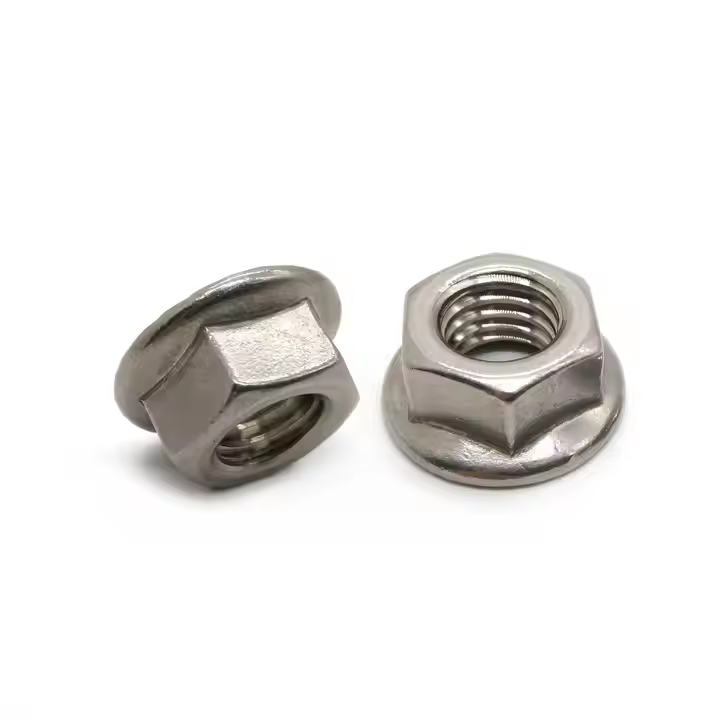



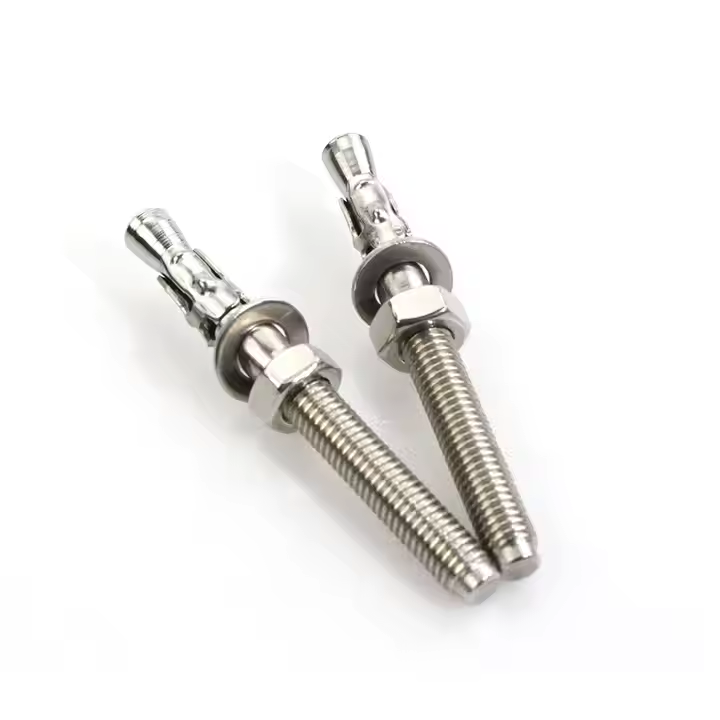

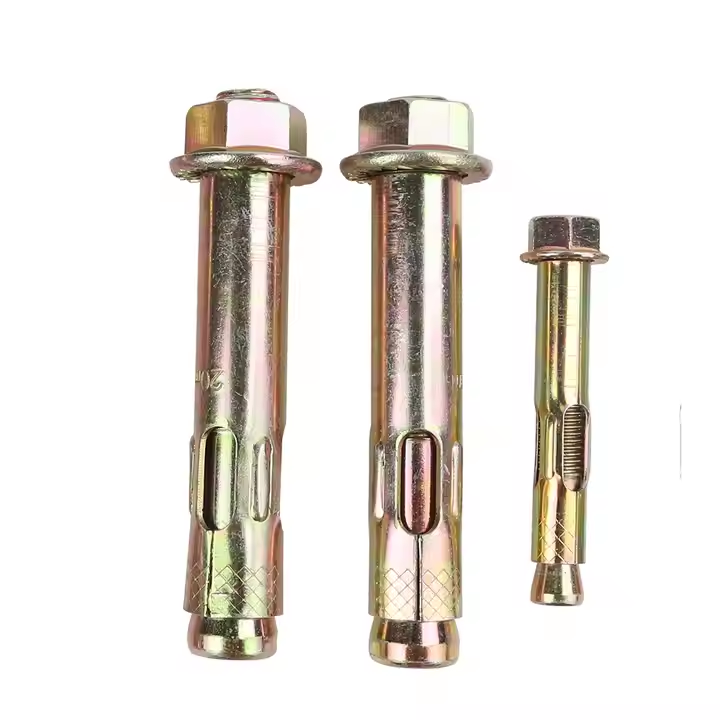
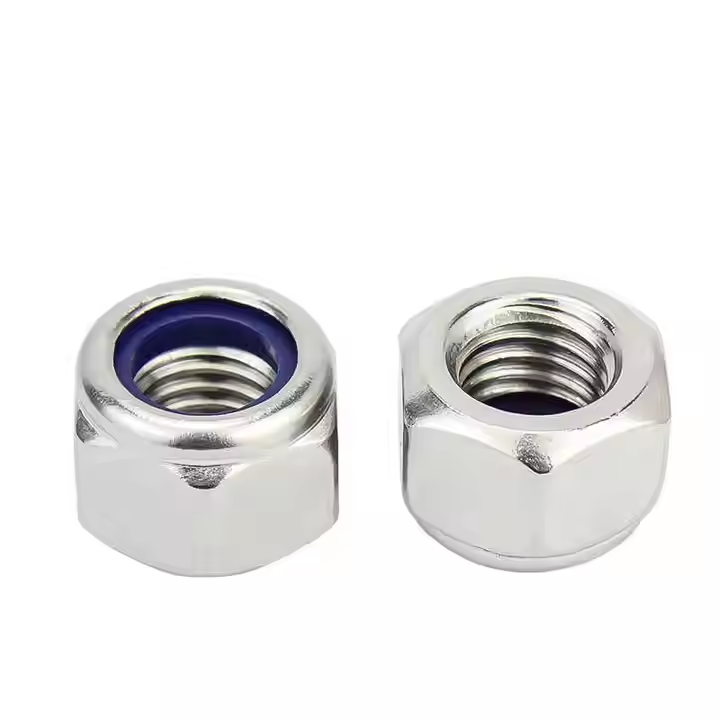

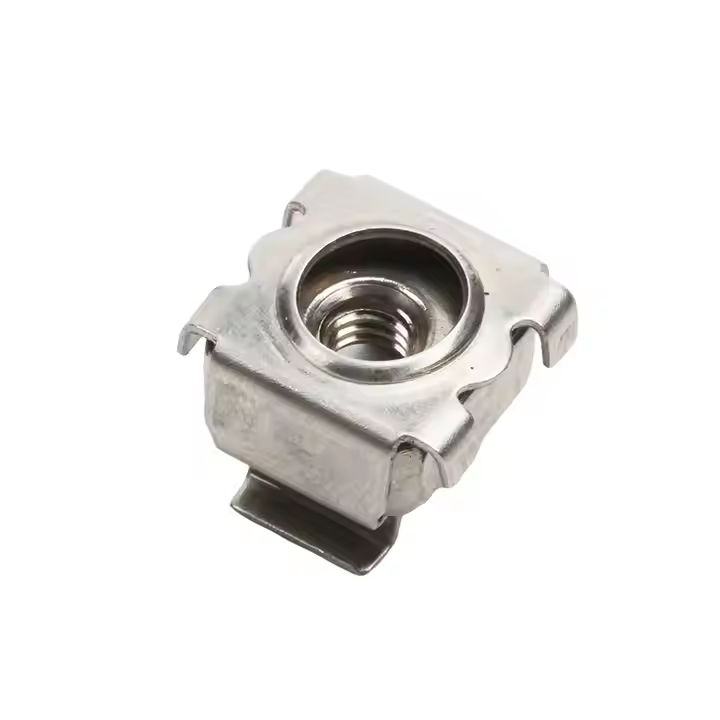

Please enter your email address and we will reply to your email.